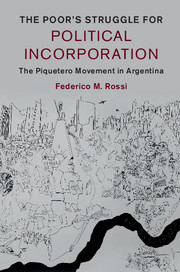Bartley, Tim. 2018. Rules without Rights: Land, Labor, and Private Authority in the Global Economy. Oxford University Press.
Activists have exposed startling forms of labor exploitation and environmental degradation in global industries, leading many large retailers and brands to adopt standards for fairness and sustainability. This book is about the idea that transnational corporations can push these standards through their global supply chains, and in effect, pull factories, forests, and farms out of their local contexts and up to global best practices. For many scholars and practitioners, this kind of private regulation and global standard-setting can provide an alternative to regulation by territorially-bound, gridlocked, or incapacitated nation states, potentially improving environments and working conditions around the world and protecting the rights of exploited workers, impoverished farmers, and marginalized communities. But can private, voluntary standards actually create meaningful forms of regulation? Are forests and factories around the world actually being made into sustainable ecosystems and decent workplaces? Can global norms remake local orders?
This book provides striking new answers by comparing the private regulation of land and labor in democratic and authoritarian settings. Case studies of sustainable forestry and fair labour standards in Indonesia and China show not only how transnational standards are implemented ‘on the ground’ but also how they are constrained and reconfigured by domestic governance. Combining rich multi-method analyses, a powerful comparative approach, and a new theory of private regulation, Rules without Rights reveals the contours and contradictions of transnational governance.

